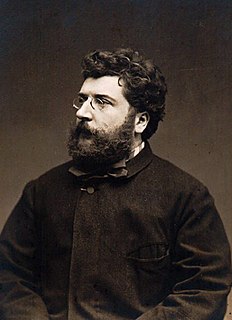A Quote by Carl Sagan
A celibate clergy is an especially good idea, because it tends to suppress any hereditary propensity toward fanaticism.
Quote Topics
Related Quotes
You mean am I for it or against it? You think this is a key question I'm going to be asked on Vega, and you want to make sure I give the right answer? Okay. Overpopulation is why I'm in favor of homosexuality and a celibate clergy. A celibate clergy is an especially good idea, because it tends to suppress any hereditary propensity toward fanaticism.
Keynesian modelling relies on marginal propensity to consume and marginal propensity to invest. The idea that if we give more money to the poor, they have a propensity to consume that's much higher than the wealthy, though I wish they would talk to my wife about that; she seems to have a propensity to consume.
The problem is that, regardless of what our theologies tell us about the purpose of the clergy, the actual effect of the clergy profession is to make the body of Christ lame. This happens not because clergy intend it (they usually intend the opposite) but because the objective nature of the profession inevitably turns the laity into passive receivers.
Even if, at the helm of the country there are people who would like to replace me and suppress me and oppress me at the level of blood-sucking vampires, then I do not want to remove them with anti-democratic means. This is my attitude toward any and even the idea of the consideration of a military coup.
Governments, if they endure, always tend increasingly toward aristocratic forms. No government in history has been known to evade this pattern. And as the aristocracy develops, government tends more and more to act exclusively in the interests of the ruling class -- whether that class be hereditary royalty, oligarchs of financial empires, or entrenched bureaucracy.
Fanaticism is such a blind stuff that it can never give you any idea as to what is reality. Because whatever you believe into, you build up your own ideas and everything onto it and it's like a fake palace built on a fake idea. And then you go on fighting. If God is one, if His love is one, then how can people who believe in God fight?




































